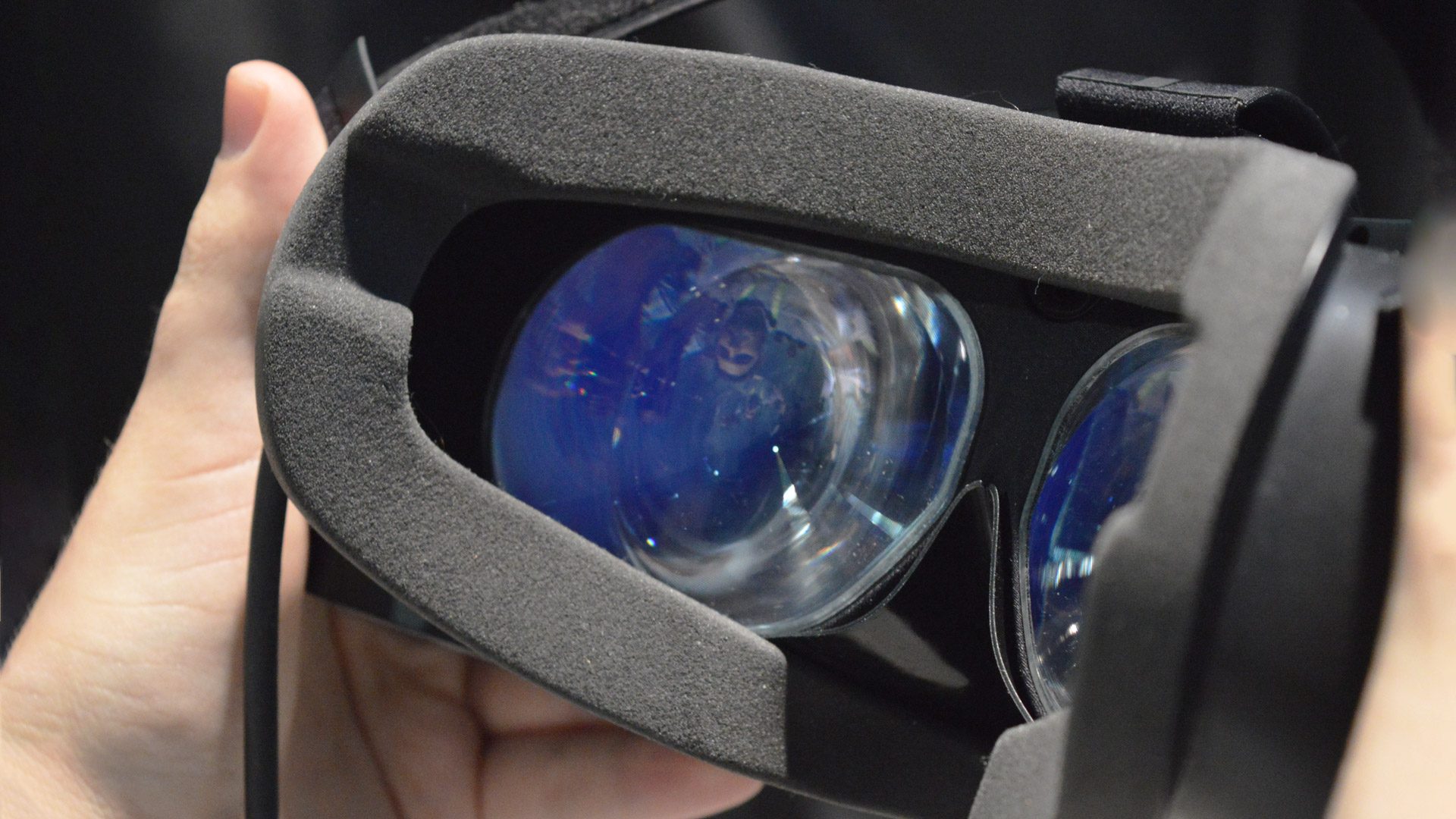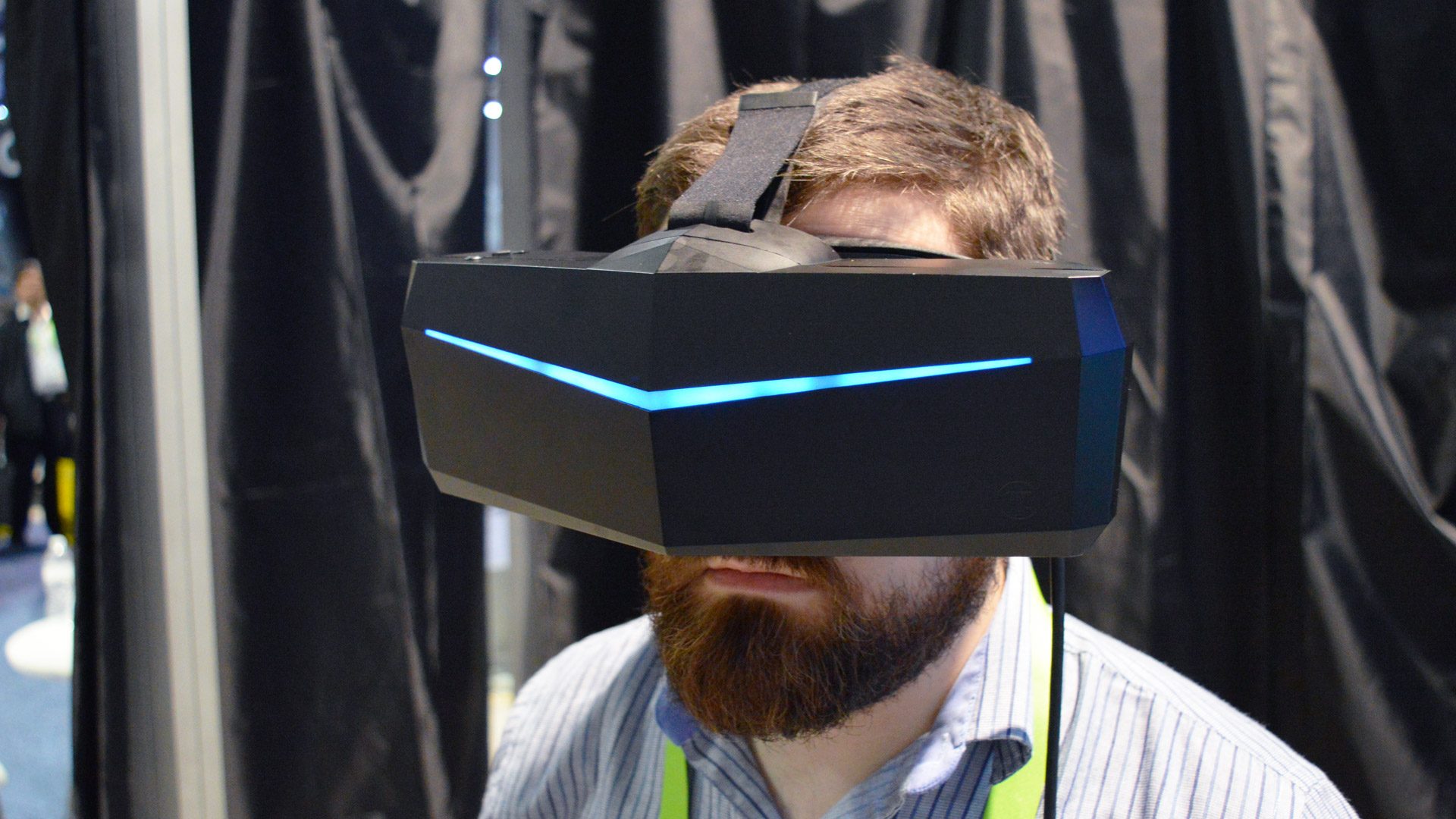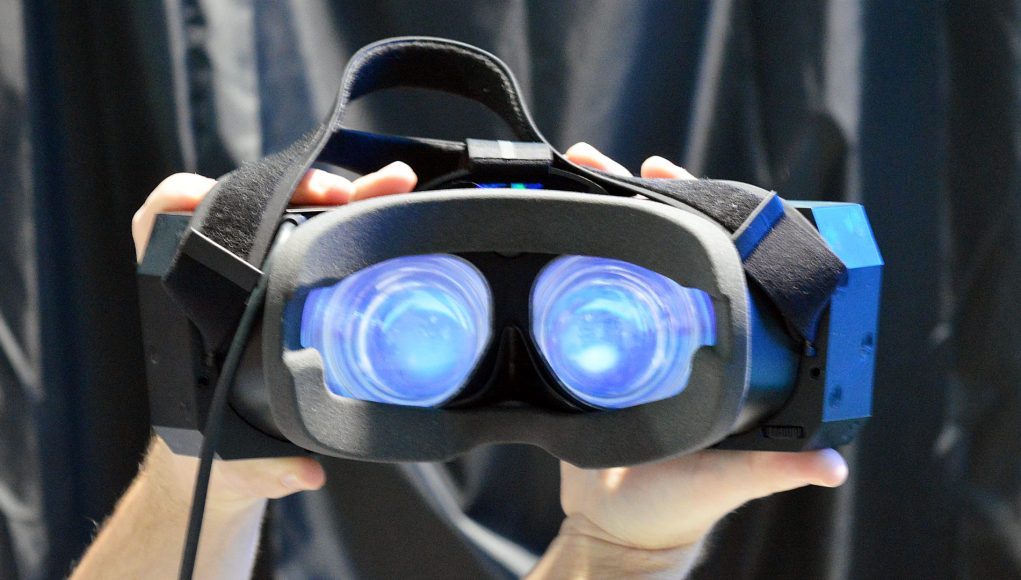Pimax, the China-based VR headset manufacturer known for their recent record-breaking “8K” VR headset Kickstarter campaign, today announced that backers should expect more delays due to an ongoing lens design issue.
According to the company’s blog, the latest prototype has “fixed all the issues” of the fifth prototype version, although Pimax is still in the process of testing lenses.
Pimax experienced its first major delay at the end of December, which dashed hopes of receiving the consumer headset in January. In recompense, the company promised that they would seed the community with pre-production models, dubbed M1. Last month, the company revealed they would be receiving a shipment of lenses in February, although the new lenses arrived late, pushing M1’s release to April. Now, the company has reported that the lens issue is causing more delays.

“[W]e have adjusted the lens design three times,” Pimax writes. “Each adjustment requests a new tooling. It costs over $50,000 - $100,000 and a few more weeks for a new tooling each time, but we believe the improvements in visual quality worth the cost.”
The parts vendor has scheduled delivery of the newest lenses for early May, something Pimax says will finally allow them to ship out the first pre-production M1 headsets to a group of hand-selected beta testers. Beta testers, Pimax says, will need to be Kickstarter backers and “[t]rusted community leader, professional reviewer, or both.”

“The purpose of the M1 closed beta is to learn from testers whether the M1 is good enough to ship. We will have a better estimation of the exact shipping date by then,” the company writes in the latest Kickstarter update.
The final specs on Pimax “8K” VR headset are still somewhat uncertain; the headset hooks into Valve’s license-free SteamVR tracking standard, and boasts a 200-degree field of view and dual 4K panels. The company has said as recent as April 17th that the M1 will definitely have a refresh rate of 80Hz, somewhat below the targeted 85-90Hz as previously mentioned.
While the January shipping schedule was ambitious from the very beginning, Pimax has since taken on nearly $15 million in Series A funding which will give them more runway to further refine the headset and ensure a smoother consumer launch—exactly when that is, we still don’t know. In the meantime, check out our hands-on with Pimax “8K” from CES 2018.







